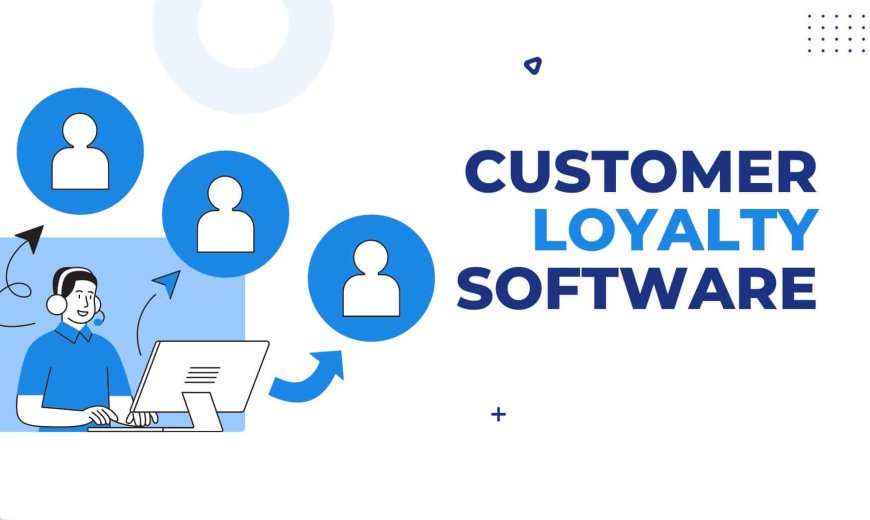The Psychology of Repeat Business: What Keeps Customers Coming Back?

Attracting new customers is great, but the real measure of a business's success is its ability to retain existing customers and encourage repeat business. This retention hinges on the quality of products and services and even more on understanding the psychological factors that influence customer behavior.
Fundamental Psychological Drivers of Repeat Business
Three primary psychological factors drive repeat business: familiarity, satisfaction, and trust. Each of these plays a crucial role in encouraging customers to return.
● Familiarity: Customers are more likely to stick with what they know. Familiarity reduces perceived risk and builds a comfort level, making repeat business more likely. When customers frequently interact with a brand, they become accustomed to its products, services, and overall experience, leading to a preference for the familiar over the unknown.
● Satisfaction and Positive Experiences: Positive experiences create a feedback loop. Each satisfying encounter increases the customer's likelihood of returning. Satisfaction goes beyond mere contentment; it involves meeting or exceeding customer expectations in a way that leaves a lasting positive impression. Over time, these positive interactions accumulate, forming a strong basis for repeat business. Understanding this, many savvy brands adopt customer loyalty software to track and enhance these positive impressions, ensuring customers feel valued and rewarded for their purchases or subscriptions.
● Trust: Built over multiple positive interactions, trust is the foundation for long-term relationships. Trust involves reliability, transparency, and consistency. When customers trust a brand, they believe in its ability to deliver consistently high-quality products and services, making them more likely to return and remain loyal.
Cognitive Biases Influencing Repeat Business
Certain cognitive biases can predispose customers to prefer familiar and trusted brands, influencing their repeat business behavior. A phenomenon known as the Mere-Exposure Effect increases a brand's appeal simply through frequent exposure, enhancing customer preference subconsciously. When customers see a brand regularly, whether through advertising, social media, or physical presence, they are more likely to develop a preference for it. This bias works on the principle that familiarity breeds liking.
Confirmation bias ensures that customers will likely seek information that reaffirms their positive experiences once they have a positive impression. This bias reinforces their decision to continue choosing the same brand, as they actively seek evidence supporting their initial satisfaction and trust. Smart brands can leverage these cognitive biases by building well-designed customer loyalty programs that maintain consistent customer engagement and reinforce positive experiences through rewards and recognition.
Reward Systems and Their Psychological Impact
Reward systems effectively reinforce repeat purchasing behaviors by appealing to the basic human liking for rewards and recognition. Immediate rewards, such as discounts or loyalty points, can spur quick returns, while long-term rewards create a relationship and a vested interest in the brand. Immediate gratification provides instant satisfaction, encouraging customers to make additional purchases to reap these benefits.
The Endowment Effect explains how customers value the rewards they've earned, which incentivizes them to return and redeem them. This psychological phenomenon suggests that people ascribe more value to things simply because they own them. In customer loyalty programs, once customers accumulate points or rewards, they feel a stronger connection to the brand and are more motivated to continue shopping to utilize their benefits.
Strategies to Enhance Psychological Engagement
Personalization and community building are potent strategies for enhancing psychological engagement. Personalized interactions make customers feel special and understood, increasing their loyalty. Tailored recommendations, personalized emails, and custom offers all help deepen the customer relationship, making interactions feel more relevant and increasing the likelihood of repeat business.
Meanwhile, fostering a sense of community around a brand can give customers a feeling of belonging, significantly boosting their emotional attachment and loyalty. Exclusive events, social media groups, and loyalty clubs can create a community atmosphere that enhances customer engagement and retention. Savvy business owners adopt customer loyalty software solutions offering members exclusive and tailored benefits, informing them of their sense of belonging and strengthening their connection to the brand.
By understanding and leveraging the psychological factors influencing customer behavior, businesses can develop more effective strategies to boost customer retention and ensure repeat business. This approach requires understanding human behavior and a commitment to creating positive, consistent customer experiences. When executed well, these strategies can transform average customers into passionate advocates for the brand.
What's Your Reaction?
























